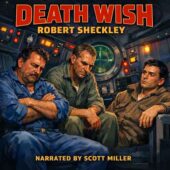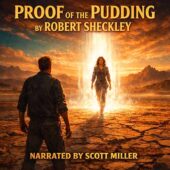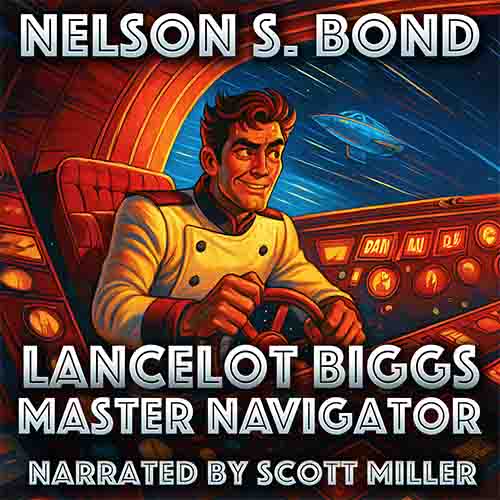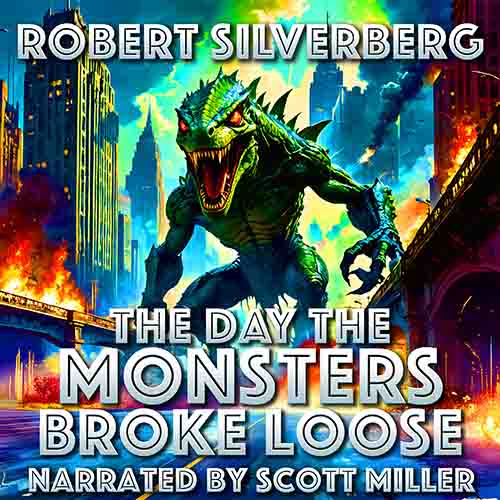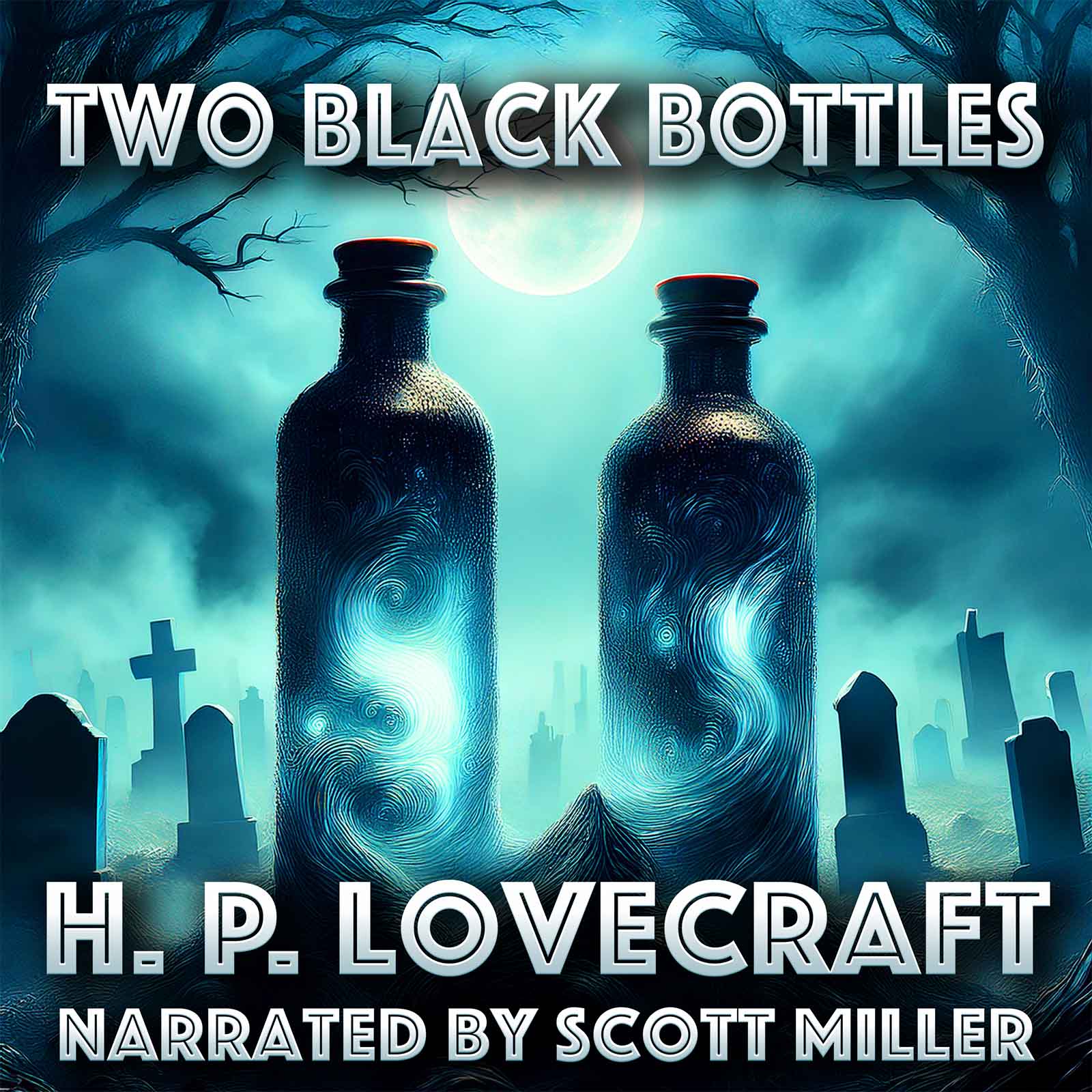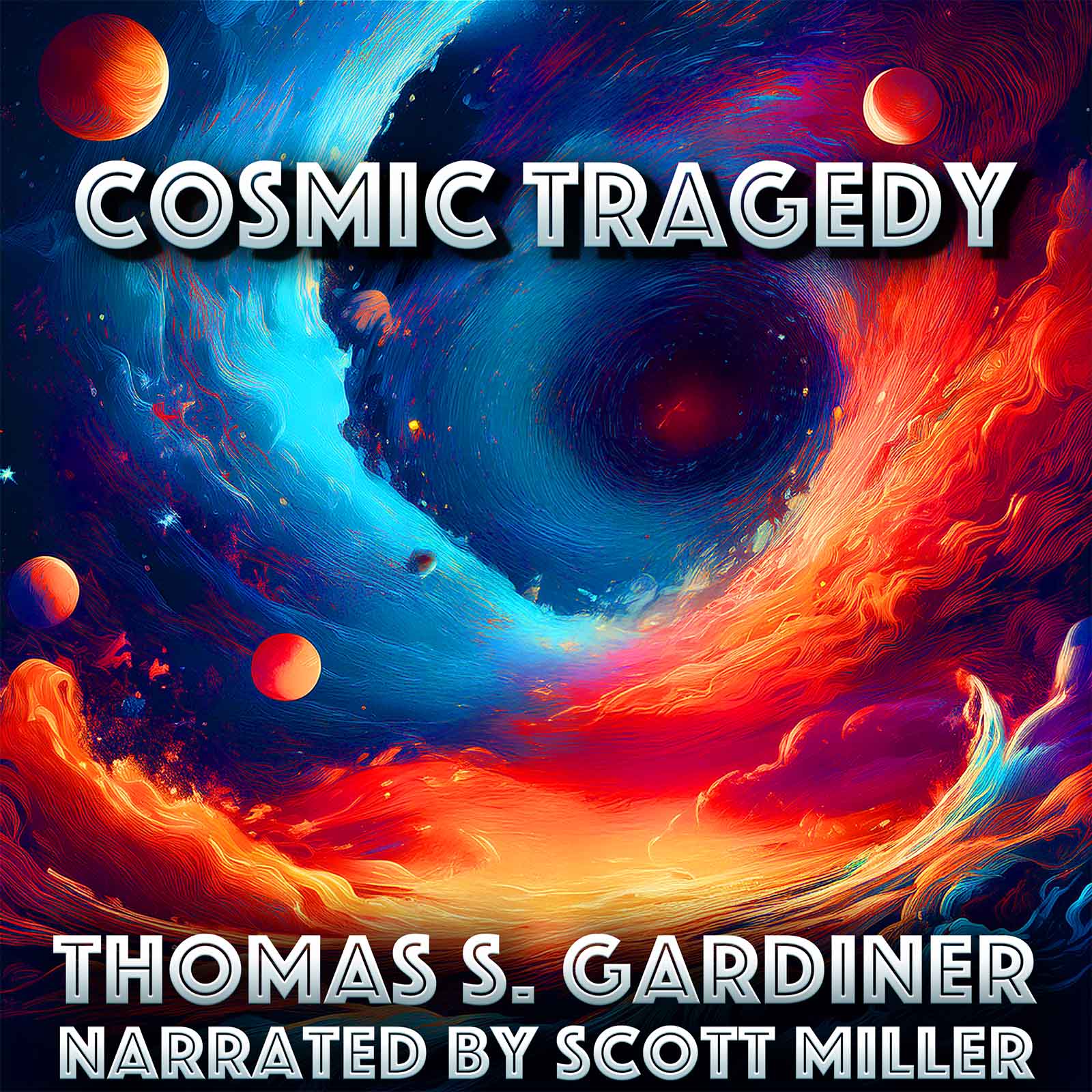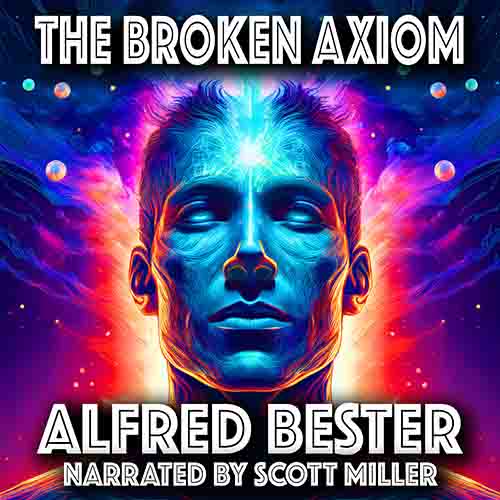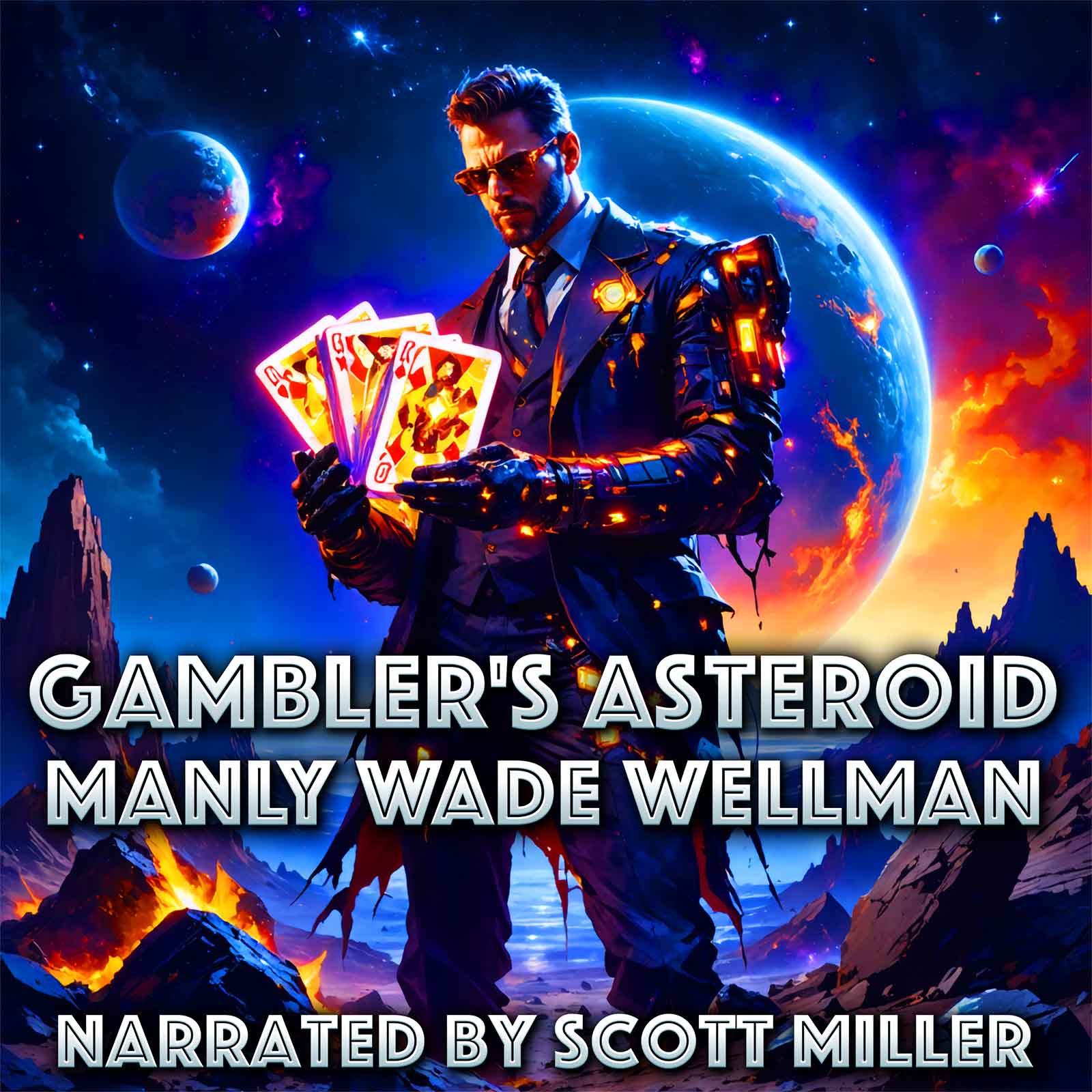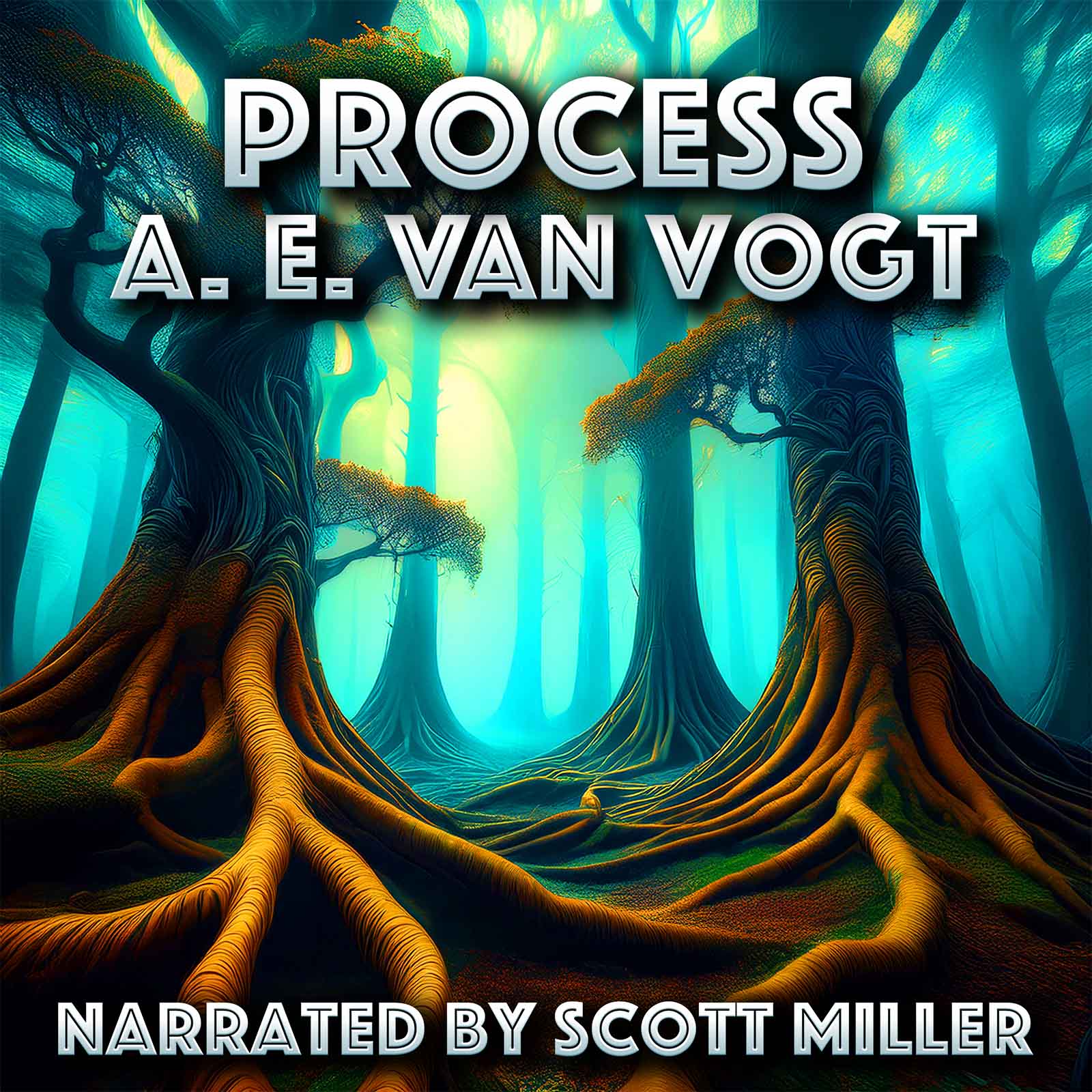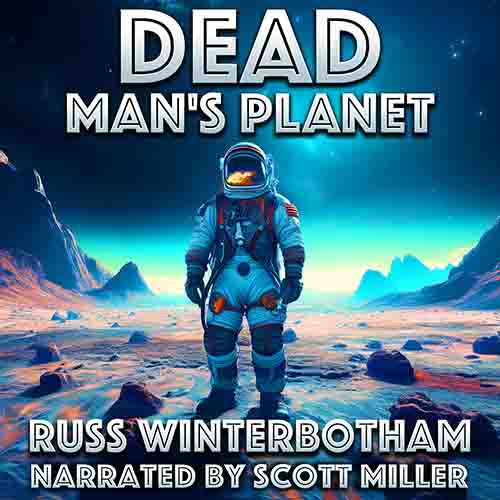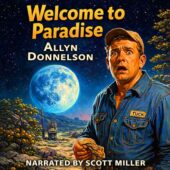Robert Sheckley

Biography
Robert Sheckley (1928–2005) was an American science fiction author celebrated for his sharp wit, satirical imagination, and mastery of the short story form. Over a career spanning five decades, he became known as one of the genre’s most original voices, producing stories that combined humor, irony, and social commentary with inventive speculative ideas. Though never as commercially famous as some contemporaries, Sheckley earned a lasting reputation as a “science fiction satirist” whose works influenced writers, filmmakers, and thinkers far beyond the field.
Born in Brooklyn, New York, and raised in New Jersey, Sheckley served in the U.S. Army during the Korean War before turning to writing. After studying at New York University, he began publishing science fiction in the early 1950s. His first story, “Final Examination,” appeared in Imagination in 1952, and he quickly became a regular contributor to leading magazines such as Galaxy Science Fiction and Fantasy & Science Fiction. Almost immediately, he distinguished himself with a unique style—short, sharp, and often darkly humorous, poking fun at bureaucracy, consumerism, militarism, and human folly.
The 1950s and 1960s were Sheckley’s most fertile years, during which he published hundreds of short stories and several notable novels. Collections such as Untouched by Human Hands (1954), Citizen in Space (1955), and Notions: Unlimited (1960) established his reputation as a master of the compact, twist-driven tale. His stories often featured ordinary people caught in bizarre situations, with endings that skewered human vanity or revealed cosmic absurdity.
Among his most famous short stories is “Seventh Victim” (1953), set in a future where legal assassination games provide an outlet for violence. The story was later expanded into a novel, The Tenth Victim (1965), and adapted into an Italian film starring Marcello Mastroianni and Ursula Andress. Another classic, “The Prize of Peril” (1958), imagined a deadly reality game show decades before such concepts entered mainstream television. These stories showcased Sheckley’s uncanny ability to anticipate cultural trends and critique them with sardonic humor.
His novels further demonstrated his versatility. Immortality, Inc. (1959) explored themes of identity and technology through a future where immortality is commodified. Dimension of Miracles (1968), a comic cosmic romp often compared to Douglas Adams’s later The Hitchhiker’s Guide to the Galaxy, followed an ordinary man accidentally selected by a galactic lottery. Options (1975) played with metafiction and narrative experimentation, showing Sheckley’s willingness to push boundaries. Though he never embraced the sprawling epics of some peers, his novels remain admired for their wit and intellectual playfulness.
Sheckley’s influence extended beyond print. In addition to the adaptation of The Tenth Victim, his stories inspired films, television, and music. He worked briefly in Hollywood, scripting episodes for Captain Video and contributing to other media projects. His tale “The Prize of Peril” directly inspired films like The Running Man (1987) and foreshadowed the popularity of dystopian survival games in modern fiction. Musicians such as Jefferson Airplane and Metallica drew on his imagery, further proof of his wide cultural reach.
Though he was most productive in his early decades, Sheckley continued writing into the 1980s and 1990s, often blending satire with adventure. He collaborated with Roger Zelazny on the novels Bring Me the Head of Prince Charming (1991) and If at Faust You Don’t Succeed (1993), which merged myth, humor, and metafictional flourishes. He also explored interactive fiction and multimedia projects, showing his adaptability to changing storytelling forms.
Sheckley’s personal life was as varied as his fiction. He traveled widely, lived for a time in Ibiza, and cultivated a bohemian lifestyle that informed his free-spirited approach to writing. Despite financial struggles and periods of declining health, he remained a beloved figure in the science fiction community, admired for his humor, generosity, and intellectual curiosity.
He received numerous honors over his lifetime. In 2001, the Science Fiction and Fantasy Writers of America named him a SFWA Author Emeritus, recognizing his contributions to the field. While he never achieved the mainstream fame of some contemporaries, his peers regarded him as one of the finest short story writers the genre ever produced.
Robert Sheckley died in 2005, leaving behind an extensive body of work that continues to resonate. His stories, with their satirical edge and compact brilliance, feel startlingly modern, tackling issues of violence, consumer culture, and media spectacle with a humor that has lost none of its bite.
Sheckley’s legacy lies in his ability to use science fiction not merely as escapism but as a mirror for human absurdity. He demonstrated that the genre could be funny, biting, and profoundly philosophical all at once. Writers like Kurt Vonnegut, Philip K. Dick, and Douglas Adams admired or echoed his approach, and today his works remain essential reading for anyone interested in science fiction’s capacity for satire.
In the end, Robert Sheckley was a writer who showed that laughter and irony could illuminate the darkest corners of the human condition. His stories endure as small, perfectly cut gems of speculative satire—brilliant, surprising, and timeless.
